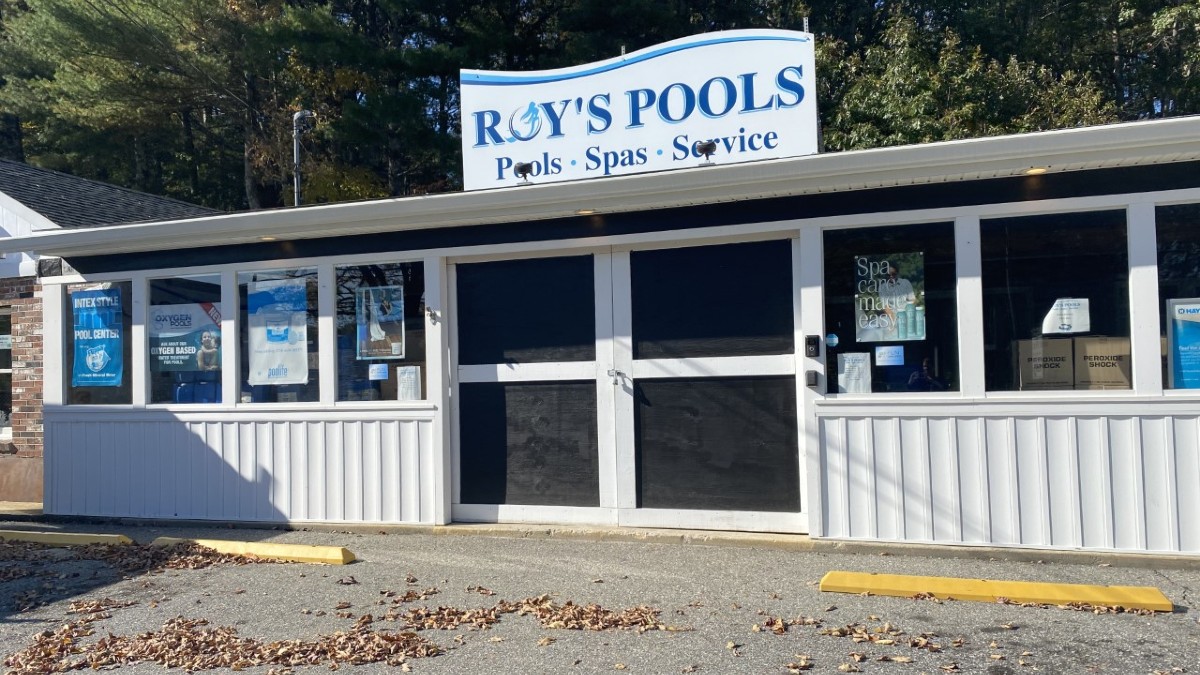More than 1,000 white flags lined the lawn outside the State Capitol Tuesday. Each flag represented a life lost to an accidental drug overdose in Connecticut just this past year.
There were 1,374 deaths, according to the Office of the Chief Medical Examiner. It marked a new and devastating record.
"It is incredible. It is horrific," said Nancy Navaretta, the acting commissioner of the Connecticut Department of Mental Health and Addiction Services (DMHAS).
329 medal events. 32 sports. Endless drama. Catch all the action at the Paris Olympics. Sign up for our free Olympics Headlines newsletter.
Tuesday was International Overdose Awareness Day and Gov. Ned Lamont officially declared it Overdose Awareness Day in Connecticut.
Lamont said he signed the proclamation for the day that raises awareness and reduces the stigma of the problem of opioid overdoses. A purple flag commemorating the day of awareness was flown at the State Capitol.
“It is well past the time that we, as a society, break down the stigma related to opioid addiction and acknowledge that it is an illness that can impact anyone from any neighborhood, any socioeconomic background, and any age,” Lamont said, in a statement.
Local
State leaders, lawmakers, recovery coaches and families affected by addiction gathered in Hartford to commemorate the day.
John Lally, of Ellington, spoke to a crowd while holding a poster with his son's face on it. Lally's son, Tim, died of an overdose five years ago.
"My wife and my life will never be the same since we lost our son," said Lally.
While Lally remembered his son, he also spoke about the need to prevent more deaths. He said that the state needs to turn the tide.
Lally started a group in honor of his son, T.I.M. or "Today I Matter". The group does a lot of public education about addiction and mental illness.
"We have to work on the stigma. We have to educate people about the disease of addiction," said Lally.
The acting commissioner of DMHAS stressed that there are plenty of resources available statewide. She said the increase in overdose deaths speaks to the continued need for education and outreach to save lives.
“We have treatment. We have recovery. We have prevention. We have harm reduction resources. And we want the residents of Connecticut to reach out to us and engage us in conversation to find a pathway to recovery," said Navaretta.
According to Navaretta, 84% of the overdose deaths in Connecticut involved fentanyl.
“Five years ago fentanyl was an emerging substance of concern. Now it is the most common drug involved in overdose fatalities," said Navaretta.
Carol Jones manages a team of recovery navigators with NLC CARES, or New London County Coordinated Access, Resources, Engagement and Support. She said that their biggest challenge right now is the drug supply itself.
“What they think they are getting is not always that. Fentanyl is in all of the drug supply now," said Jones.
The NLC CARES project launched in 2018 and currently employees two full time recovery navigators. They have helped more than 500 people across New London county.
“The wonder of what we do is that we develop relationships and we support people," said Jones. "And when people don’t feel stigmatized, they are more apt to open up about their issues.”
Jones said that the team in southeastern Connecticut has worked to break stigma and saturate the community with resources and education.
“We need to find every creative way we possibly can to address this issue," said Jones.
The U.S. Substance Abuse and Mental Health Services Administration (SAMHSA) has established a free, confidential information service (in English or Spanish), open 24 hours/365 days, for individuals and family members facing mental health or substance use disorders. If you or anyone you know is struggling with mental health or substance abuse, you can call the number 1-800-622-HELP (4357).
Connecticut State Department of Mental Health and Addiction Services also has an Action Line for adults in distress who are 18 years of age or older. That number is 1-800-HOPE-135 (1-800-467-3135). Assistance and resources can also be found by calling 211.



